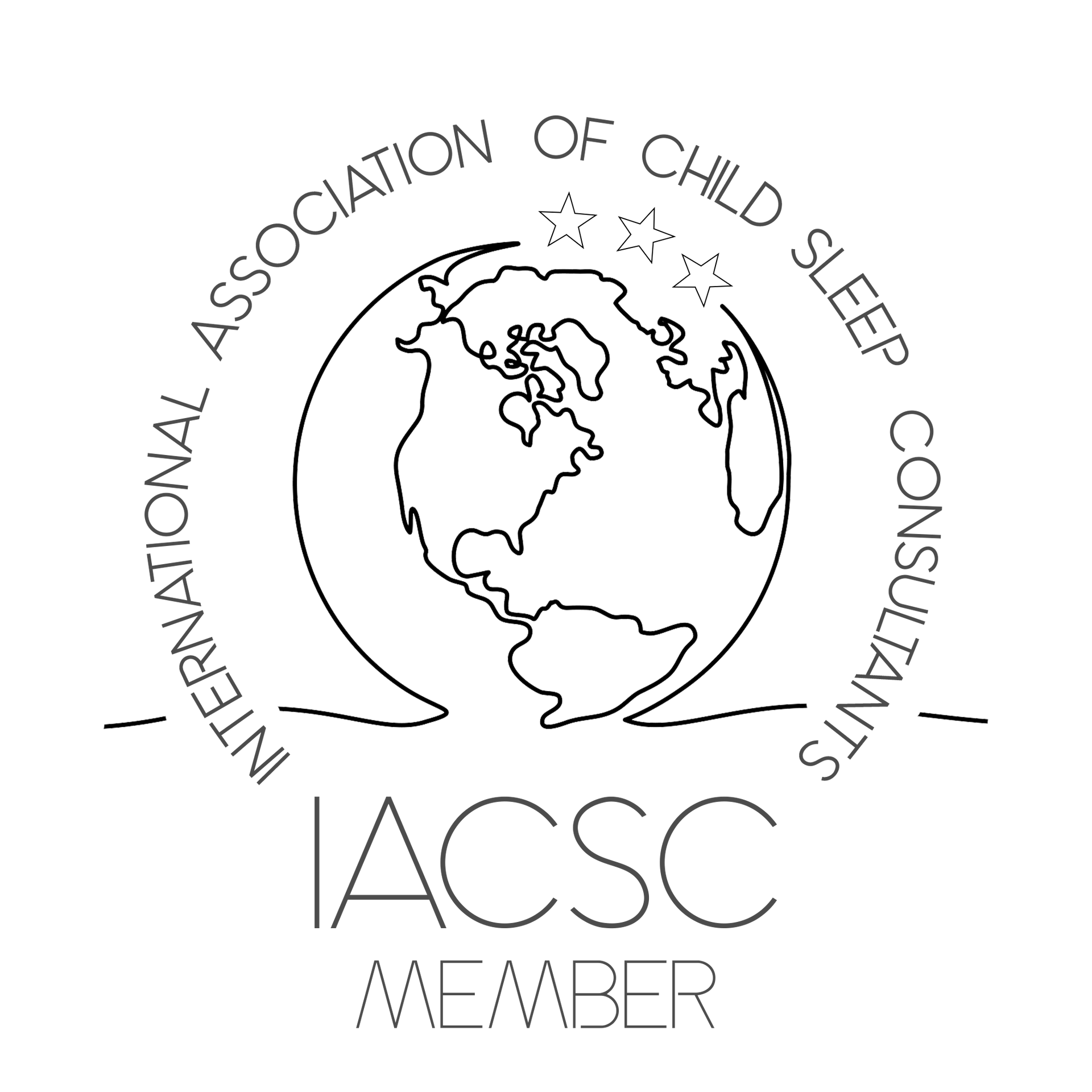18 Month Sleep Regression

Parenthood is filled with joys and challenges, and just when you thought you had your child's sleep routine sorted, the 18-month sleep regression can come knocking at your door. But don't worry, you're not alone. Many parents face this phase, and with the right strategies, you can help your little one—and yourself—get through it. In this blog post, we'll explore what the 18-month sleep regression is, why it happens, and provide some practical tips to help you handle it with grace and patience.
Understanding the 18-Month Sleep Regression:
The 18-month sleep regression is a developmental stage that typically occurs around your child's 18th month. During this time, your toddler may experience changes in sleep patterns, such as difficulty falling asleep, frequent nighttime awakenings, and shorter naps. This regression can be attributed to various factors, including:
- Cognitive development: At 18 months, your child's brain is rapidly developing, leading to increased curiosity and exploration during the day. This newfound cognitive growth can sometimes spill over into nighttime restlessness.
- Separation anxiety: Around this age, separation anxiety can resurface, causing your child to wake up and seek comfort from you during the night or struggle to fall asleep independently during bedtime.
- Teething: If your child is still teething or experiencing discomfort from emerging molars, this can also disrupt their sleep.
Handling the 18-Month Sleep Regression:
- Maintain a Consistent Routine: Stick to a consistent bedtime and nap schedule. Predictable routines help children feel secure and know what to expect.
- Create a Calm Bedtime Environment: Make the bedroom a soothing place for sleep. Darken the room, add some calming and consistent sound (white noise or waterfalls work great!) and maintain a comfortable room temperature.
- Comfort Objects: Introduce a comfort item, like a favorite stuffed animal to provide security and comfort during the night.
- Offer Comfort: When your child wakes up crying, provide gentle reassurance without making a big fuss. Offer a hug, a soothing word, or a back rub to help them settle back to sleep.
- Healthy Diet: Ensure your child's diet is well-balanced. They are growing rapidly at this age and the extra calories during the day can help them sleep better at night.
- Self-Soothing Techniques: Encourage self-soothing by teaching your child to put themselves back to sleep if they wake up. This can be a valuable skill for the long run.
It's important that we are patient when supporting our children through separation anxiety. The clinginess is temporary so make sure you hug your baby extra during the day and practice extra patience at bedtime. Separation anxiety can be challenging for both the baby and the parent, so just do your best to support your child, and keep in mind that it's temporary.
The 18-month sleep regression can be challenging, but it's a normal part of your child's development. Remember that it's temporary, and with patience and consistency, you can help your little one navigate this phase. Be sure to take care of yourself as well, as well-rested parents are better equipped to handle the challenges that come with sleep regressions. In time, both you and your child will enjoy restful nights once again.
Stay patient, stay consistent, and remember that you're doing a great job!
Restful Baby Blog





